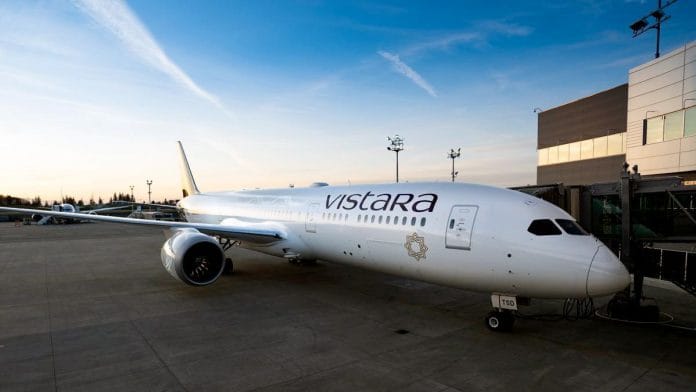This November, Vistara will be the second major airline brand in India to fade out within a space of five years. Jet Airways went down in April 2019, about six and a half years after Kingfisher Airlines stopped flying in October 2012. Before that, Sahara Airlines flew into sunset in 2007 following a merger with Jet. Then, there were several smaller airlines, including AirAsia India, which ceased operations in October 2023, making way for Air India’s AIX Connect, and GoAir, which vanished in May 2023. In addition, there are airlines such as SpiceJet that are facing financial and legal troubles, with airport operator Delhi International Airport Ltd demanding payment of dues and the aviation regulator, Directorate General of Civil Aviation, placing it under enhanced surveillance. Earlier, in the 1990s, Damania Airways and Modiluft were among the big airline brands to have shut down.
According to official data, close to 30 scheduled carriers have either shut down, been acquired, or merged with other carriers since 1994, soon after the Indian skies opened up to private airlines. That’s some churn since the deregulation of the Indian civil aviation sector in 1990-91, when private airlines were given permission to operate charter and non-scheduled services under the “Air Taxi” Scheme. Trivandrum-based East West was among the first set of beneficiaries under the open skies policy of the government to get scheduled domestic airline status in 1994.
Vistara’s legacy
Some 30 years and many reforms later, Vistara’s departure now is being felt by passengers who have become used to a certain kind of flying experience. It’s not just the food that Vistara, a 51-49 joint venture between Tata Sons and Singapore Airlines, serves on its flights, but also how it is served, brand loyalists like to point out in living room conversations as well as in boardroom discussions. Its in-flight entertainment units and premium economy seats even on domestic travel only added to its attraction, presenting a contrast with others and prompting some budget airlines to match up. The question that Vistara fans are asking is: Will the unique Vistara flying experience disappear once the brand merges with Air India, as announced in November 2022?
The answer will depend on how the merger of Vistara and Air India is executed and whether Air India is ready to change and evolve. Even as there was a lack of clarity initially on the post-merger brand status of Vistara, now there’s no ambiguity on the name of the merged airline: It’s going to be Air India all the way. This will mean rebranding Vistara’s fleet of aircraft, a change of uniform for the airline crew, a tweaked menu, reworked roster and personnel allocations, among other reviews and recasts on the backend. All this could translate into months of disruption and pain, adversely impacting the overall flying experience for customers who are shifting from brand Vistara to merged brand Air India.
Also read: Govt having a hard time propping up PSUs. It must address politics-economics disconnect
Some optimism
Within the Tata Group, which acquired state-owned Air India in October 2021 in an approximately Rs 18,000-crore deal, following a failed bid by the government in 2018 to sell a majority stake in the airline, there’s optimism that the Vistara experience will not completely fade, even though the brand name is going away. The confidence flows from the fact that Singapore Airlines (SIA) will retain 25.1 per cent stake in the merged entity. Recently, the government enabled the final leg of the merger by approving SIA’s Rs 2,058 crore foreign direct investment into the merged Air India entity. A board meeting of Tata Sons, the parent company of the group, this week is learnt to have reviewed the Air India business and operations. The board discussed how the Vistara experience would continue, as SIA would have a considerable stake in the merged entity. The message: Whether for services or training at Air India, SIA would have a crucial role to play.
Unlike the past examples of airline brands in India going into the sunset, Vistara’s case has little to do with its performance. Although it has remained a loss-making entity since its inception a decade ago and holds a distant second place in domestic passenger market share behind IndiGo, Vistara has been able to stand out on the overall experience front. Despite recent unrest among the Vistara crew and flight delays due to a variety of reasons, the brand continues to signal quality. As industrialist Anand Mahindra recently pointed out, in a different setting and context, brands are nothing but an aggregation of stories, and those stories build brands.
Will the Vistara story continue with Air India?
Nivedita Mookerji @nivmook is the Executive Editor of Business Standard. Views are personal.






